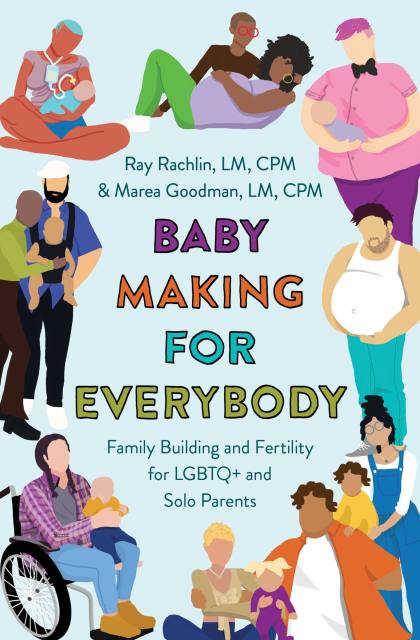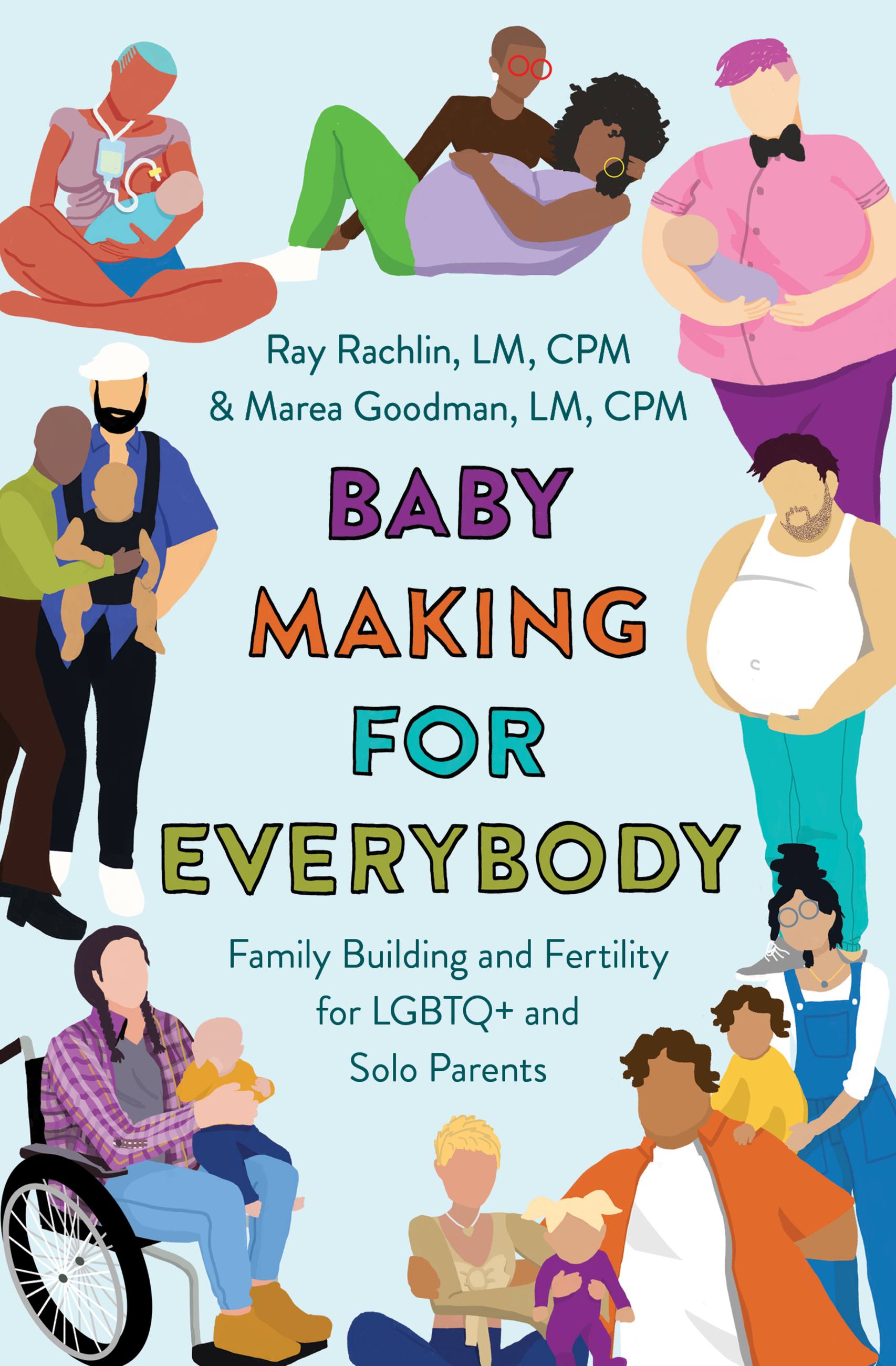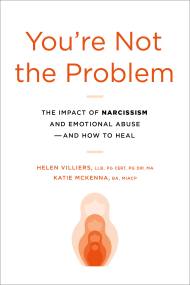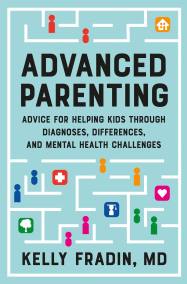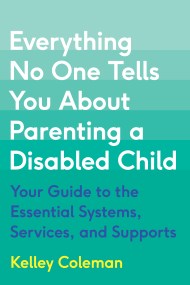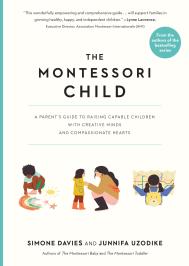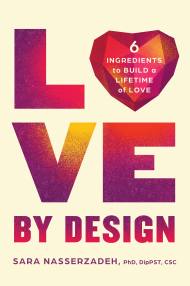Promotion
Use code MOM24 for 20% off site wide + free shipping over $45
Baby Making for Everybody
Family Building and Fertility for LGBTQ+ and Solo Parents
Contributors
By Ray Rachlin, LM, CPM
Formats and Prices
Price
$11.99Price
$15.99 CADFormat
Format:
- ebook $11.99 $15.99 CAD
- Audiobook Download (Unabridged) $27.99
- Trade Paperback $18.99 $23.99 CAD
This item is a preorder. Your payment method will be charged immediately, and the product is expected to ship on or around April 25, 2023. This date is subject to change due to shipping delays beyond our control.
Also available from:
In Baby Making for Everybody, queer millennial midwives Ray Rachlin and Marea Goodman use their professional expertise to demystify the dizzying process of pursuing parenthood as queer and solo people, offering detailed, gender-affirming, body-positive advice on topics including:
- Fertility tracking for people with uteruses
- Choosing a sperm donor, egg donor, or surrogate
- Legal considerations for LGBTQ+ families
- Navigating pregnancy and gender identity
- IUI, ICI, and IVF procedures
- Foster parenting and adoption
- Miscarriage and infertility
The result is a much-needed compassionate step-by-step guide for every aspect of the complicated, messy, and glorious process of building a family. Combining practical information with personal narratives and first-person community wisdom, this book provides prospective parents with the information they need to grow their families.
Genre:
- On Sale
- Apr 25, 2023
- Page Count
- 272 pages
- Publisher
- Balance
- ISBN-13
- 9781538725870
Newsletter Signup
By clicking ‘Sign Up,’ I acknowledge that I have read and agree to Hachette Book Group’s Privacy Policy and Terms of Use
